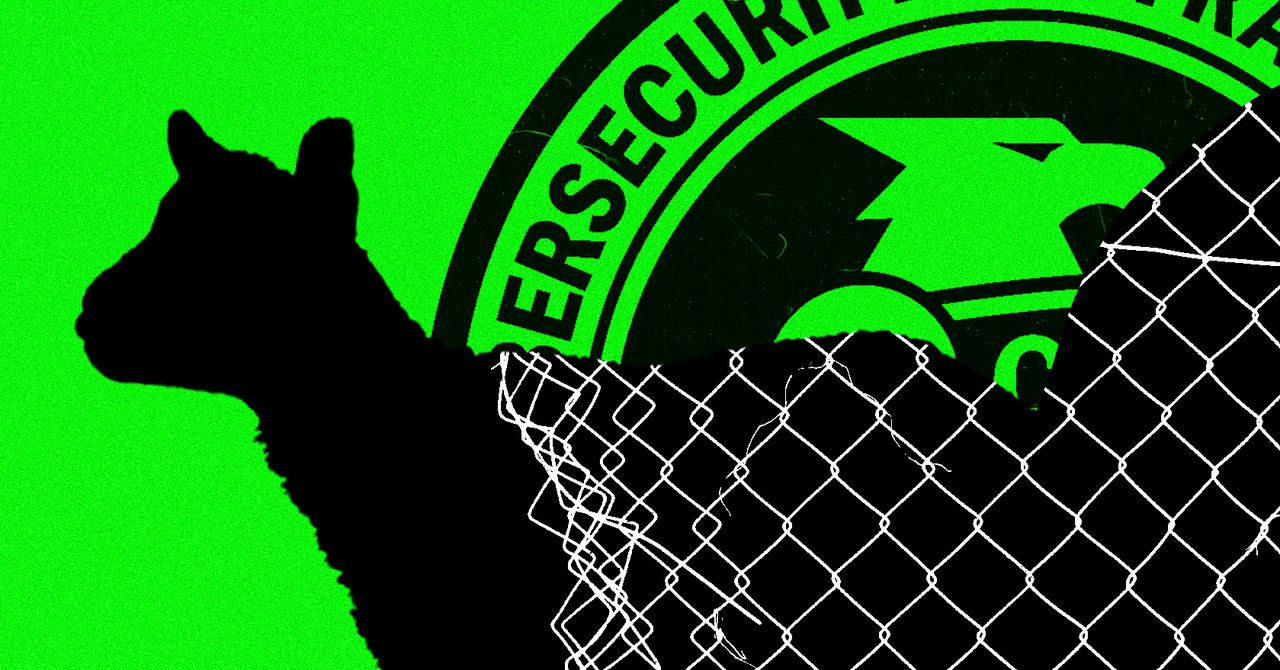The departure to the workforce has already been thinned. “We were running [a] The lack of critical skills previously, “a second employee says.” Most people have done two or more of the full time and have done [staffers]. “
The CISA team, which helps critical infrastructure operators to respond to hacks, has been lost for years. A third employee says the agency added support for the team after auditing the government’s accountability office, but “most of them ended.”
CISA flagship programs have been surprised so far. This includes a threat hunting branch, which analyzes threats, search for government networks and responds to violations. But some offending staff provided the “background” support for threats and other analysts. The first employee says, “There are advances that can be made to the tools they use.” But with the shortage of people, “we want to start old systems.”
In a statement, a spokesman for DHS, Trichia McLoglin says the CISA is “committed to the security and security of important infrastructure in the country” and is one of the “important skills that CISA experts reach this war every day.”
A spokesman for the National Security Council, James Hoyit, said: “The report is” nonsense “, adding:” There was no widespread dismissal in the CISA and its mission is completely intact. “
“We continue to strengthen cyber security, artificial intelligence and open source security and protect the unity of election,” says Hoyit. “Under the leadership of President Trump, our government will have important steps in strengthening cyber national security.”
Partnership Problems
CISA’s foreign partnerships-the cornerstone of its efforts to understand and deal with evolving threats-especially difficult.
Two employees say international travel has been frozen, demanding travel-and even online communications with foreign partners-from high-level approvals. This has disrupted CISA’s cooperation with other cyber agencies, including the “five eyes” of Canada, Australia, New Zealand and Britain.
CISA employees cannot even communicate with other federal agencies in the way they were previously relevant. Previously, routine conversations between CISA employees and high -level officials elsewhere now need special licenses and reduce important work. A fourth employee says “I can’t access CISO about emergency status without confirmation.”
Meanwhile, according to two employees, companies have expressed fear of sharing information with the CISA and even using the free agency’s free attack monitoring services. The third employee says: “There is an advanced concern about all our services that collect sensitive data.” “Partners [are] Asking questions about what can access and expressed concern that their sensitive information is in their hands. “
The fourth employee says, “Determine the predetermined relationships will be something that will have long -term effects.”
CISA Cyber Defense Cooperation is also an excellent center for government and industry cooperation. JCDC is currently working with more than 300 private companies to exchange threat information, draft defense books, discuss geopolitical challenges and publish consulting. The first employee says the unit wants to add hundreds of other partners, but “has had a problem with scaling”, and recent dismissals have only worsened the situation. The employee says contractors may be able to help, but “dealers’ support contracts are less than a year,” the employee says, but since the processes across the government have been frozen or paused in recent weeks, CISA does not know if it can pursue new agreements. CISA fourth employee says JCDC does not have enough federal workers to choose this shoot.





